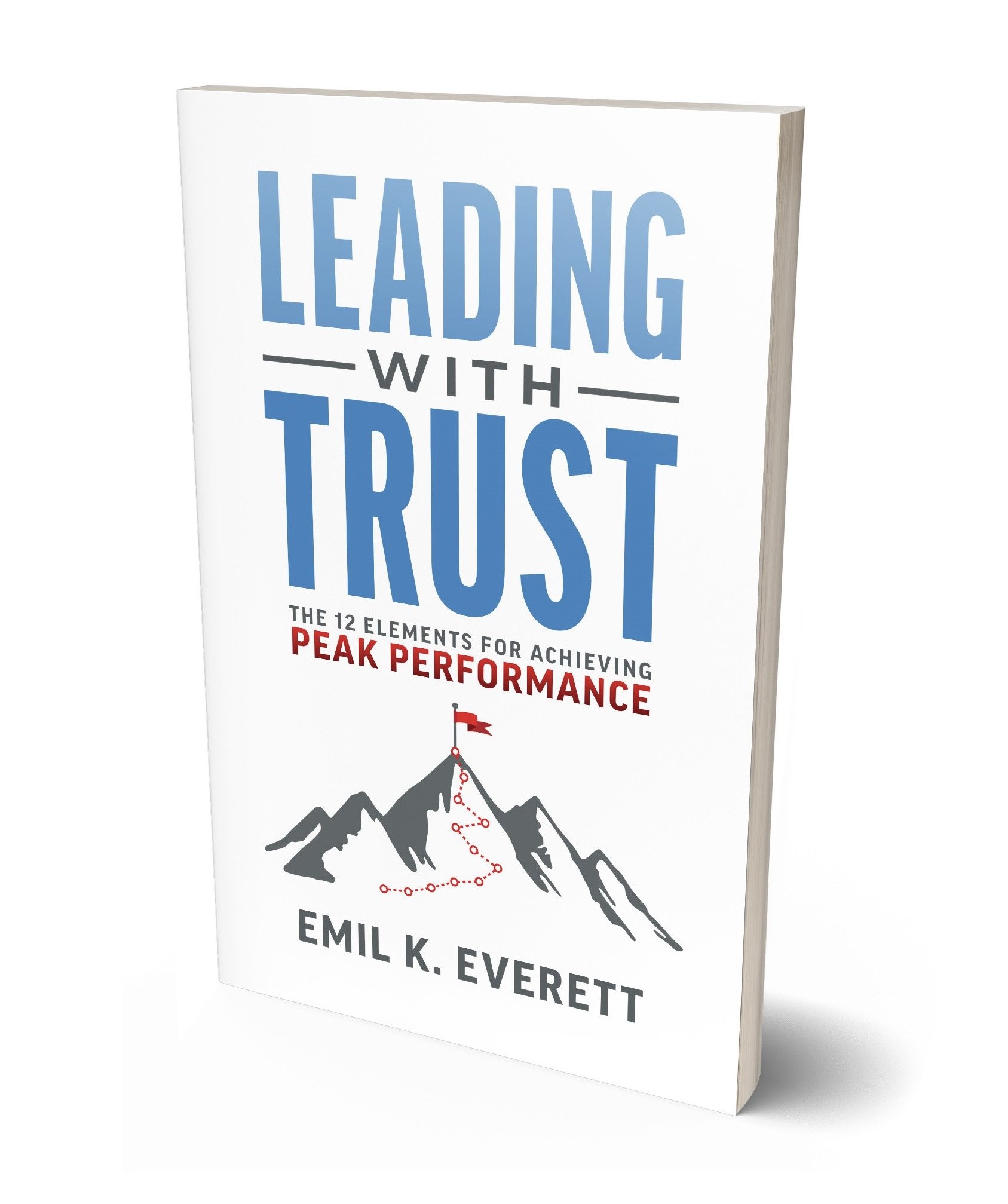The Power of Positive and Constructive Feedback: Fostering Growth and Success
Positive or constructive feedback is a cornerstone of personal and professional development. It acts as a guiding light, illuminating our strengths and areas for improvement. Providing effective feedback cannot be overstated in a world that thrives on communication and collaboration. This post explores the benefits of giving feedback and the adverse effects of neglecting it and provides tips for giving efficient and effective feedback.
The Benefits of Giving Feedback
Enhanced Performance: Constructive feedback offers individuals valuable insights into their strengths and areas for improvement. This knowledge empowers them to refine their skills and perform at their best.
Boosted Morale: Positive feedback recognizes and validates individuals' efforts, increasing motivation and job satisfaction. Feeling valued encourages individuals to invest more in their work.
Clear Communication: Feedback facilitates open communication, fostering a culture of transparency and trust. This creates a platform for dialogue and collaboration.
Skill Development: Constructive criticism guides individuals towards targeted skill enhancement. Timely feedback provides a roadmap for learning and growth, ultimately contributing to mastery.
Problem Resolution: Feedback alerts individuals to any issues or errors they may be unaware of. Addressing these promptly prevents the escalation of problems and ensures quality outcomes.
Innovation: Constructive feedback encourages innovative thinking. Individuals are inspired to think outside the box by acknowledging originality and suggesting improvements.
Enhances Self-Awareness: Constructive feedback helps individuals better understand their behaviors and actions, fostering self-awareness crucial for personal and professional development.
Strengthens Relationships: Providing feedback demonstrates that you care about someone's growth. This fosters trust and open communication, strengthening interpersonal relationships.
The Adverse Effects of Not Giving Feedback
Stagnation: Without feedback, individuals may continue with suboptimal practices, hindering their progress and stifling innovation.
Miscommunication: Lack of feedback can lead to misunderstandings, as assumptions about expectations and performance go unaddressed.
Demotivation: The absence of recognition and constructive criticism can lead to frustration, reduced engagement, and diminished commitment.
Conflict Escalation: Unaddressed Issues can escalate into conflicts, negatively impacting teamwork and productivity.
Skill Gap: Not offering feedback can lead to a lack of awareness about skill deficiencies, preventing individuals from addressing these gaps.
Tips for Giving Effective and Efficient Feedback
Be Specific: Pinpoint what you're addressing, whether it's a behavior, task, or result. Vague feedback can be confusing and less impactful.
Focus on Behavior: Concentrate on the behavior or outcome rather than making it personal. This reduces defensiveness and encourages a growth mindset.
Balance Positive and Constructive Feedback: While addressing improvement areas, highlight the person's strengths and successes to maintain motivation.
Timeliness: Provide feedback promptly, as recent events are fresher in memory and allow for prompt adjustments.
Trust First: Foster an environment of trust where individuals feel comfortable receiving feedback without fearing judgment.
Be Solution-Oriented: Along with pointing out areas for improvement, suggest possible solutions or strategies for enhancement.
Open Dialogue: Encourage two-way communication by inviting the individual's perspective. This promotes mutual understanding, problem-solving, and new ways of improving performance.
Consider Individual Differences: Tailor your feedback to the individual's personality, learning style, and goals, making it more relevant and effective.
Encourage Self-Reflection: Ask open-ended questions to encourage recipients to reflect on their actions and performance.
Follow Up: Monitor progress after offering feedback - check in on the individual's efforts and improvements, offering ongoing support and encouragement.
Positive and constructive feedback is a potent tool for personal and professional growth. It empowers individuals to reflect, adapt, and flourish in their endeavors. Ignoring the importance of feedback not only stagnates progress but can also lead to misunderstandings and demotivation. By following the tips, one can master the art of delivering effective and efficient feedback, fostering a culture of continuous improvement and excellence.

